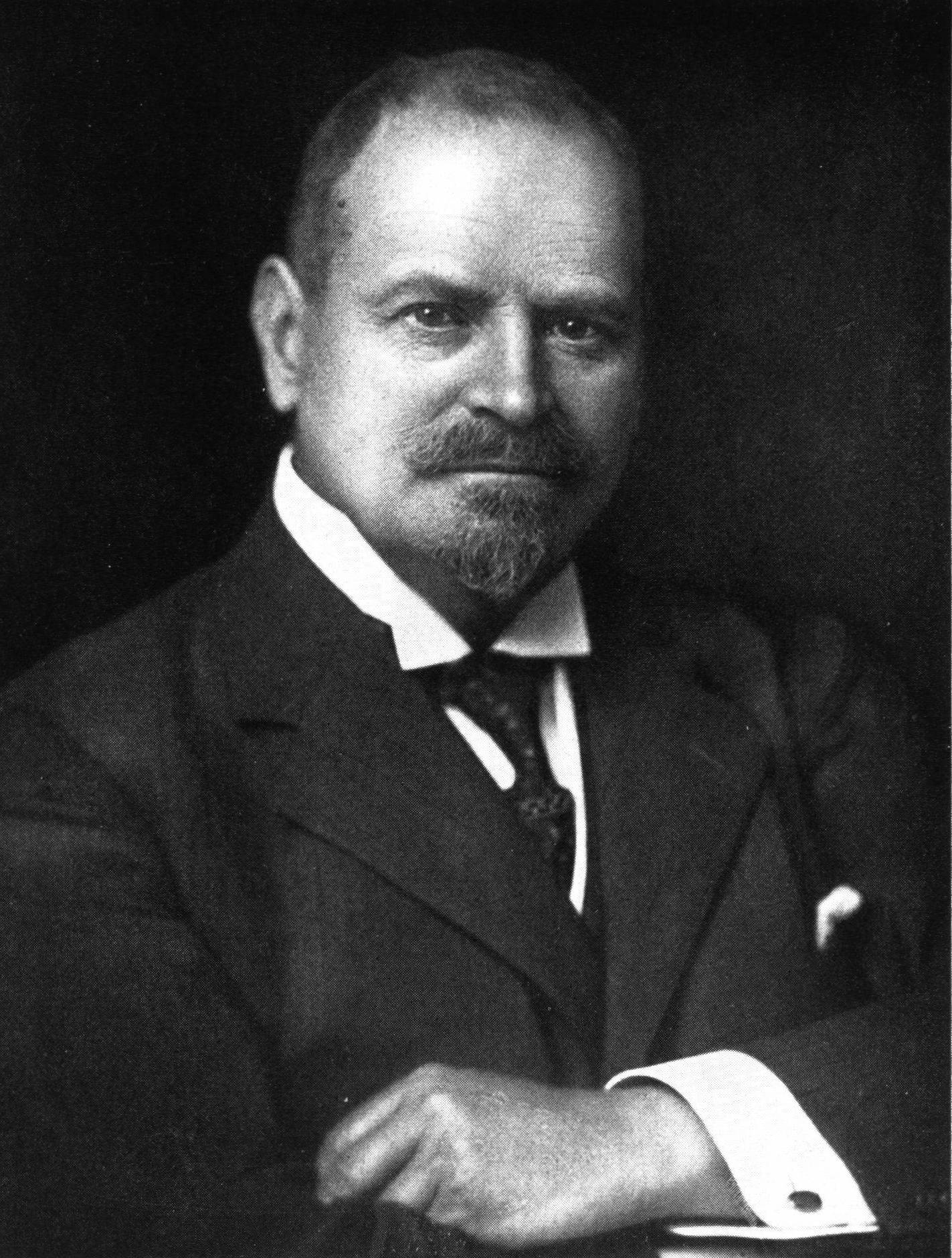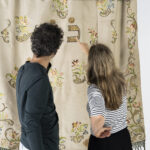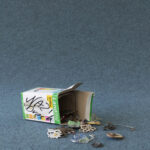«He was drawn to Jewish folklore.»
Tabea Buri on the collector Eduard Hoffmann-Krayer
Eduard Hoffmann-Krayer, the so-called «father of Swiss folklore,» began collecting Judaica in Basel in 1909. His collection was shown to great acclaim in the exhibition Monumenta Judaica in Cologne in 1963/4. In 1966, the objects were core items in the exhibition of the newly opened Jewish Museum of Switzerland. Tabea Buri heads the Europe department at the Museum der Kulturen Basel and is studying the origins of the Hoffmann-Krayer collection. She explains how the folklorist went about collecting objects.
Naomi Lubrich: Tabea, I’m surprised that Eduard Hoffmann-Krayer, a non-Jew, was interested in Jewish objects. Why?
Tabea Buri: Eduard Hoffmann-Krayer was interested in cultural testimonies of various groups in Europe – especially those to which he himself did not belong. He wrote that Jewish folklore sparked his interest already at an early age. He also hoped to be able to combat antisemitism by increasing the knowledge of Judaism in the society.
NL: How did he collect? And which objects did he find particularly interesting?
TB: Hoffmann-Krayer co-founded the «Commission for Jewish Folklore» and was its chairman. At first, the commission collected stories, sayings, songs and other immaterial testimonies. But they also collected material items. Hoffmann-Krayer was particularly interested in the things of everyday life, the remnants of family lives.
NL: How did he go about searching for objects?
TB: On the one hand, the commission published a «questionnaire for collecting Jewish folklore,» by means of which it asked the population to send in notes and things. On the other hand, the commission bought precious objects from antique dealers. Hoffmann-Krayer also was in close contact with collectors who actively looked for everyday objects on his behalf.
NL: How did Hoffmann-Krayer’s Jewish contemporaries react to his work?
TB: Some were appreciative and helped finance the expensive Judaica items. They were glad that Hoffmann-Krayer chaired the commission because they felt that the initiative coming from a non-Jew was more effective than an inner-Jewish initiative. Hoffmann-Krayer nevertheless failed to gain a broad support: He complained that the Jewish population ultimately lacked interest and commitment to collect Judaica. After only ten years, the commission discontinued most of its work. Hoffmann-Krayer nevertheless continued to collect items for the museum.
NL: Tabea, thank you for your insight into early ethnographic collecting in Basel.
verfasst am 26.01.2023



